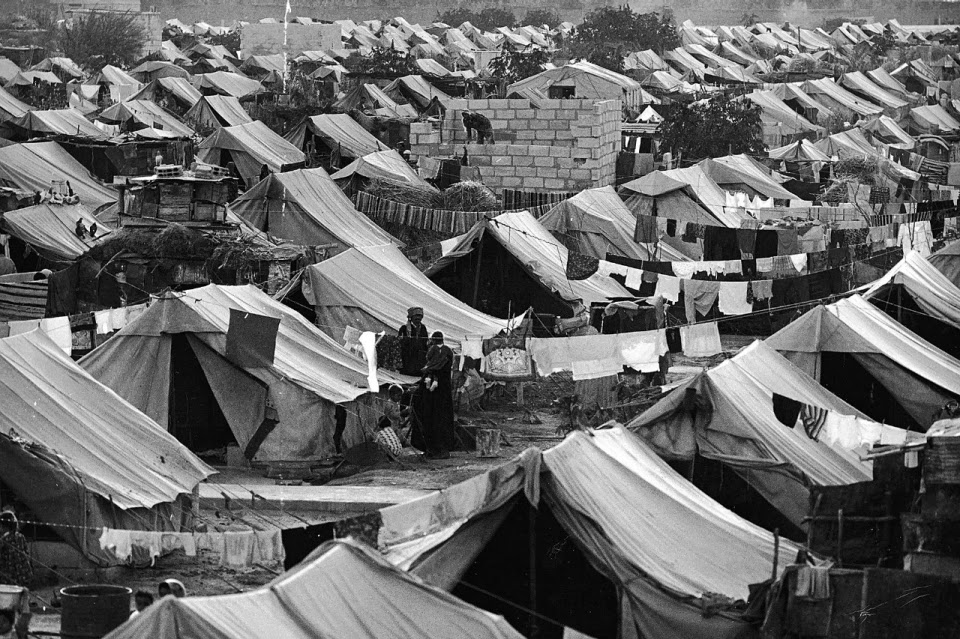one of the elements of the right of all refugees to reparation,[1] as codified in international law and incumbent upon all States to respect protect and fulfill, entitling refugees to go back to their country of origin of their own volition, regardless of the present sovereign or any other conditions. The right of return is independent of the acquisition of citizenship or any other legal status. It is a fundamental right enshrined in both human rights law[2] and international humanitarian law.[3] At any time, even if locally integrated or resettled in a country other than their country of origin, refugees may decide to return to their homes spontaneously, or as part of a repatriation program. UNHCR stresses the following features of the right to return: (1) refugees are free and have the right to return to their country of origin at any time; (2) refugee’s decision to return should be voluntary; (3) refugees must be provided with objective [true, reliable] and up-to-date information on the situation in their of origin, in order to make an informed decision about repatriation; and (4) the level of assistance and protection provided in the country of refuge should not be the determining factor for refugees to decide whether or not to return.[4]
Thus, return is closely linked to the other forms of redress that constitute the legally defined elements of reparation: restitution, return, compensation, rehabilitation, satisfaction and guarantees of nonrepetition. No one of the seven elements of reparation can substitute for another form. (See "Reparation,” "Compensation,” "Guarantees of nonrepetition,” "Rehabilitation,” "Restitution” "Resettlement” and "Satisfaction” in this list of terms.)
[1] See "Reparation,” "Rehabilitation,” "Compensation” and "Restitution” above.
[2] Universal Declaration of human Rights, 10 December 1948, Article 13(2); International Covenant on Civil and Political Rights, 16 December 1966, Article 12(4); and ICERD, op. cit., Article 5(d)(ii) and General Recommendation XXII on article 5 of the Convention on refugees and displaced persons, adopted at the 1147th meeting, on 8 March 1996, adopted in document A/51/18, at the Committee’s forty-eighth session (1996), at:
[3] Fourth Geneva Convention relative to the Protection of Civilian Persons in Times of War, 12 August 1949, Article 45; Protocol Additional to the Geneva Conventions of 12 August 1949 and relating to the Protection of Victims of International Armed Conflicts (Protocol I), 8 June 1977, Article 85(4)(a); Turku Declaration of Minimum Humanitarian Standards, 2 December 1990, UN Doc. E/CN.4/Sub.2/1991/55, Article 7
[4] UNHCR, Resettlement handbook (Geneva: Department of International Protection, November 2004), Chapter II, P. 5.



